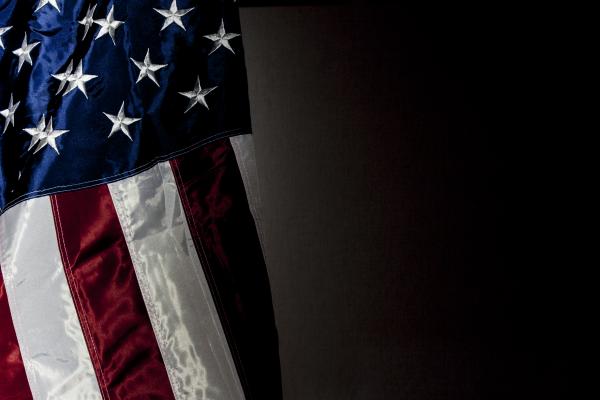In Tuesday’s elections, most voters didn’t see their candidates as leaders. Americans are cynical about politics, exhibited by the broad-based discontent with both parties, the president, and Congress. Nearly two thirds of the electorate didn’t even vote — turnout this year was likely lower as a percentage of the electorate than any time since 1942. Negative campaign ads reached depressing lows, directly appealing to Americans’ fears and anxieties, and most people don’t think the results of the election will change political gridlock in Washington. This election campaign was a loss for the common good.
We seem to have become cynically resigned to politicians always blaming the other party for every problem instead of solving them and alleged political leaders pursuing a 24/7, 52-week strategy of winning instead of governing. There are no more off election years to make society better; every day and every decision is just a part of the next campaign.
The campaigns and the media coverage were all about polls, attacks, and sound bites. The Republican campaign message was simply: vote against President Obama. And the Democrats deserted him, wouldn’t discuss either his accomplishments or his failures, and had no message of their own that got through. The campaign wasn’t about the most important issues facing the country. Here’s what we should be talking about.
Read the Full Article

